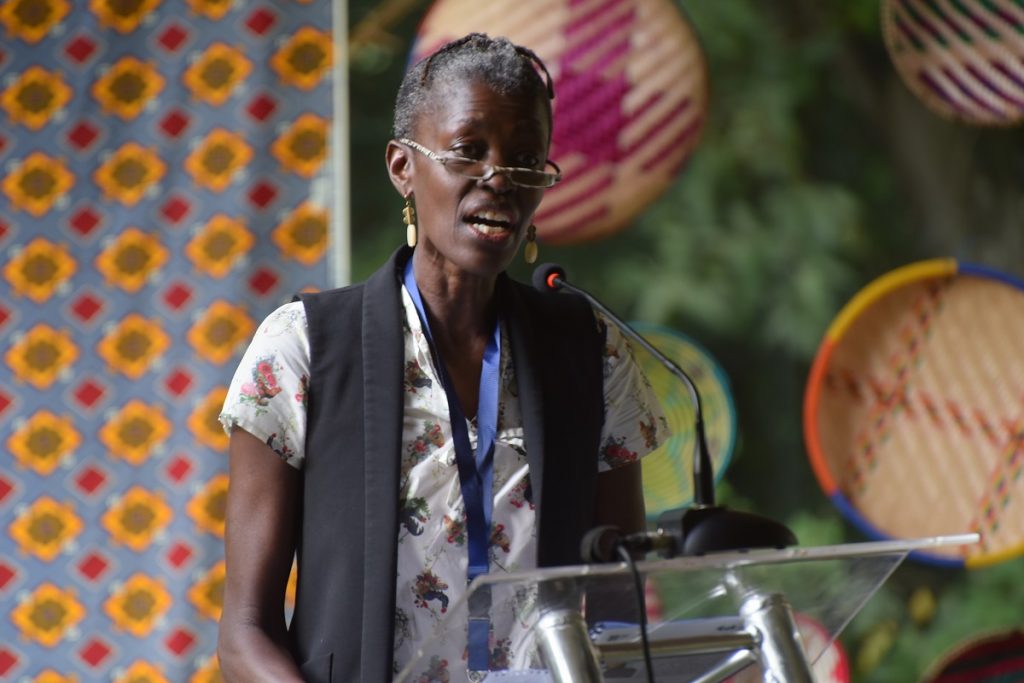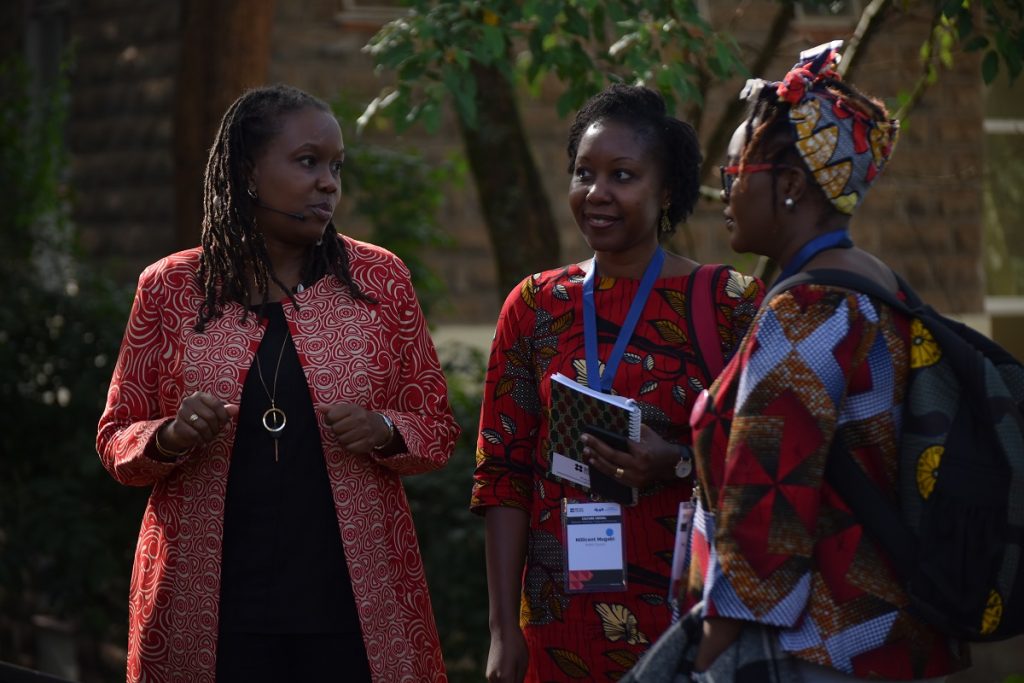The British Council, through its East Africa Arts programme under the Cultural Heritage for Inclusive Growth programme, is hosting the largest gathering of cultural experts from around the world ever seen in Kenya for a major event at Nairobi’s National Museum dedicated to cultural heritage.
The event is a part of the Cultural Heritage for Inclusive Growth programme, a two-year programme launched last year.
Organised in partnership with Twaweza Communications, the two-day event happening at the Nairobi National Museums, entitled Culture Grows: between yesterday, today and tomorrow. brings together 150 community representatives, practitioners, researchers and policymakers in the creative and technology sectors from Kenya, sub-Saharan Africa, the UK, Latin America and Asia.

The event, which is a part of The Cultural Heritage for Inclusive Growth programme, a two-year pilot programme which was rolled out last year with local partners in three countries, Kenya, Columbia and Vietnam, aims to attract all partners involved in the Programme in the first year, to learn collectively, as well as demonstrate the key role that cultural heritage plays as a valuable contributor to economic growth.
Jill Coates, British Council Kenya Country Director said, “We are delighted to have the opportunity to gather such a wide range of policymakers and creatives in one room, to share ideas from different nationalities on what their cultural heritage means to them. We hope this event will not only provide inspiration but encourage young, emerging cultural heritage professionals and artists by demonstrating how cultural heritage is a driver of sustainable economic growth.”
Joy Mboya, Executive Director of the GoDown Arts Centre, and a keynote speaker at the event said, “I am confident that this symposium will help to highlight the views of the many people who work so hard to preserve our cultural heritage nationally and internationally. Cultural heritage plays an important part in our society’s development, particularly youth development, and we cannot ignore the essential role it plays in promoting sustainable economic development, both now and for future generations.”

Other speakers include; George Henry Okello Abungu, a Cambridge-trained archaeologist and former Director-General of the National Museums of Kenya; Fardowsa Jama, founder and Executive Director of Awjama Cultural Research and Reading Center, the organization behind educational and empowering events such as the Somali Heritage Week in Nairobi and Somalia; Andiswa Bukula, a language researcher at the South African Centre for Digital Language Resources (SADiLAR) hosted at the North-West University in Potchefstroom, South Africa and Ngartia Bryan, a Kenyan poet and the writer behind the famed Too Early for Birds production.

Cultural Heritage for Inclusive Growth is a recent, two-year pilot programme which seeks to pioneer ways of creating inclusive and sustainable growth through the sharing and preservation of local cultural heritage.
This global programme (with initiatives in Colombia, Kenya and Vietnam) was designed and developed following British Council research that found that when people or communities are given the opportunity to engage with, learn from and promote their own cultural heritage, it can contribute to sustainable social and economic development.
Cultural Heritage for Inclusive Growth is part of Culture and Development at the British Council, in which we are exploring creative responses to global challenges.
Among the implementing partners in Kenya are Book Bunk Trust, a charitable trust focused on the renovation and restoration of heritage library spaces as well as the installation of new libraries into public spaces, which will be supporting the preservation and promotion of the McMillan Library – Kenya’s oldest library.
Other partners are African Digital Heritage, Mount Kenya University in partnership with the University of the West of Scotland, who will spearhead training in cultural heritage skills all over the country. Heva Fund has extended grants for entrepreneurs and small business in the Cultural Heritage sector.












Leave a comment